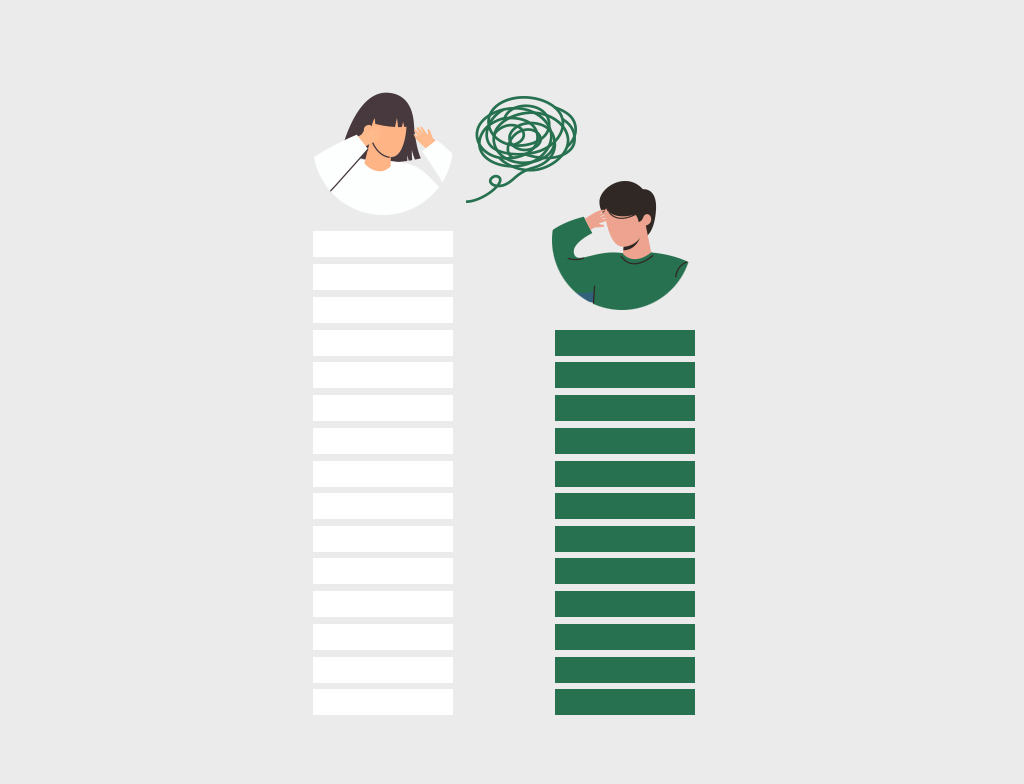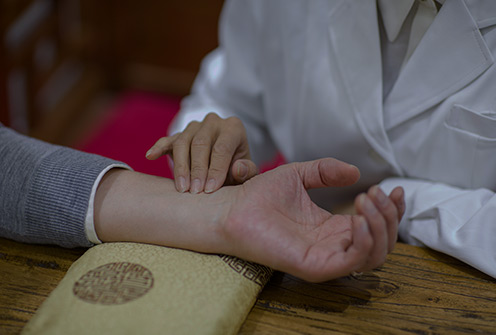It was reported in a 2016 study published in the Journal of Brain & Behavior that women are twice as likely to suffer from severe stress and anxiety compared to men. According to the American Psychological Association (APA), women are also more likely to report physical and emotional symptoms such as crying, having headaches, having an upset stomach or indigestion and muscle tension. Year after year, women consistently report higher stress levels, supporting the existence of a gender stress gap. Lead Clinical Psychologist Dr. Jaswyn Chin shares more about this occurrence.
What could lead to women experiencing more stress than men?
Both men and women share very similar life stressors such as work, relationships, financial and health issues. Perhaps a little more unique to women is that women are more likely (according to statistics) to be responsible for family obligations, caregiving for children and/or elderly parents, work and other roles.

Recent research examined the concept of cognitive load or “worry work” involved in managing a household. Cognitive load includes anticipating needs, identifying options to meet these needs, making decisions and monitoring progress.
All of these are taxing, yet invisible, and tend to befall on the women. As these demands continue to grow over time, women may neglect their own self-care in a bid to fulfil these demands and hence, leading to increased risk of developing mental health issues such as depression and anxiety.
What can women do to better manage their stress?
Some of the strategies in managing stress include:
- Maintaining a healthy lifestyle where you have adequate rest and take regular meals
- Scheduling “me-time” to engage in activities that are pleasurable and energising
- Confiding your problems to your friends or loved ones
- Exercising
- Practising relaxation exercises or meditation
- Seeking professional help if you are unable to cope on your own



















